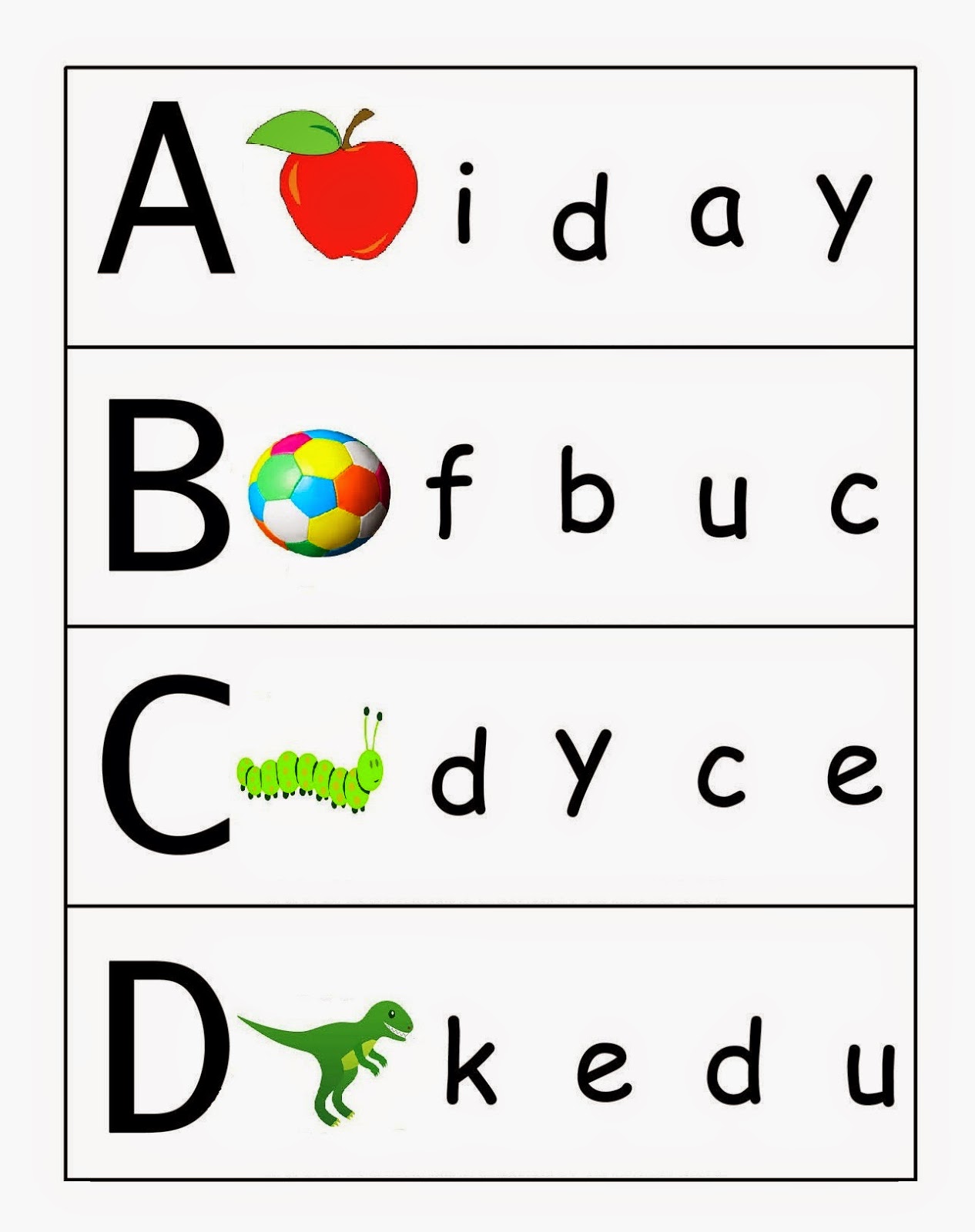Capital Offenses: The Secret Life of Uppercase Letters
We've all been there. You're scrolling through comments, minding your own business, when BAM—someone HITS YOU with a WALL OF TEXT in ALL CAPS. Are they angry? Excited? Just really bad at typing? The truth, my friends, is far more intriguing. Buckle up, because we're diving into the scandalous world of uppercase letters.
Forget your ABCs, this is about the power dynamics, the hidden meanings, the sheer DRAMA of transforming a humble "a" into a bold "A." Because let's face it, making a letter uppercase is more than just hitting the shift key. It's a statement. It's a choice. It's a way of life.
From the ancient scribes painstakingly illuminating manuscripts to today's frantic texters hammering away at their smartphones, the quest to emphasize, to differentiate, to MAKE THINGS CLEAR has been a constant throughout history. But how did we get here? When did we collectively decide that BIGGER meant more IMPORTANT? And what does it all mean for the future of our written communication?
Some might say it all started with the Romans. Those toga-clad, empire-building, inscription-loving folks had a flair for the dramatic, and their monumental capitals—carved into stone for all eternity—set the standard for centuries to come. But the story doesn't end there. Fast forward through medieval manuscripts, the invention of the printing press, and the rise of the internet, and you'll see the evolution of the uppercase letter in all its glory.
Today, we live in a world saturated with text. Emails, tweets, instant messages—they're coming at us from all directions. And in this chaotic landscape, the uppercase letter reigns supreme. It's the ultimate attention-grabber, the textual equivalent of yelling "Hey, look at me!" But with great power comes great responsibility. Used wisely, uppercase letters can add clarity and emphasis. Used recklessly, they can be the typographical equivalent of a sonic boom, leaving readers disoriented and annoyed.
The Ups and Downs of Uppercase Living
Let's break it down, shall we? Here's a handy-dandy table summarizing the pros and cons of embracing your inner capitalizer:
| Advantages | Disadvantages |
|---|---|
| Emphasis and attention-grabbing | Perceived as shouting or aggression |
| Clarity in headings and titles | Difficult to read in large blocks of text |
| Conveying strong emotions | Can be misconstrued as unprofessional |
So, how do you navigate this treacherous typographical terrain? Fear not, dear reader, for I have some tips:
Uppercase Etiquette for the Modern Wordsmith
Follow these guidelines and you'll be well on your way to becoming a master of capitalization:
1. Don't be a drama queen (or king). Save the all-caps for truly earth-shattering occasions, like winning the lottery or discovering the meaning of life.
2. Titles deserve respect (and capitalization). Give your headings and titles the royal treatment they deserve by capitalizing the first letter of each important word.
3. Acronyms are your friends. Embrace the power of acronyms like NASA, FBI, and LOL. They add a touch of intrigue and save you precious characters.
4. Readability is queen (or king). Remember, the goal is to communicate effectively, not to give your readers a headache. Use uppercase letters sparingly to emphasize key points, not every other word.
5. Context is everything. The appropriateness of uppercase letters can vary depending on the situation. What flies in a casual text message might not be suitable for a formal email. Use your best judgment.
The world of uppercase letters is a complex and ever-evolving one. But by understanding their history, their power, and their potential pitfalls, we can all become more effective communicators. So go forth, dear reader, and capitalize wisely!
Level up your identity the rise of gaming inspired names
Decoding the pain understanding masakit na puson at tagiliran
The subtle art of discord hide link in text














